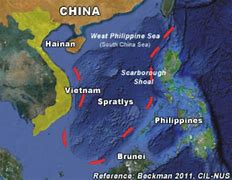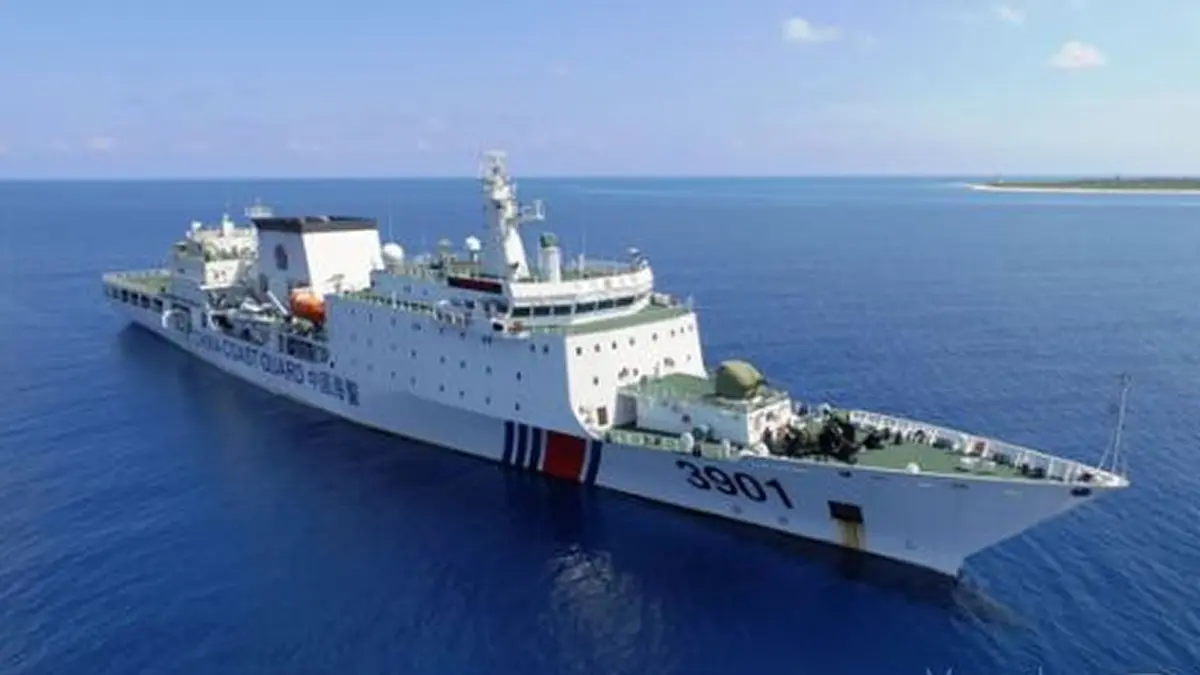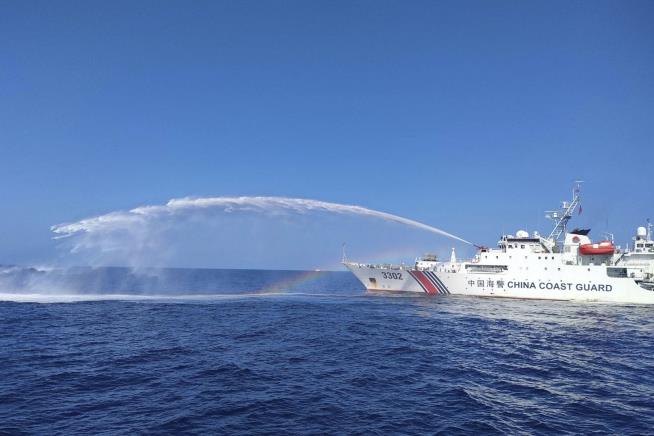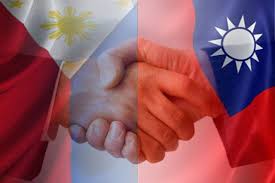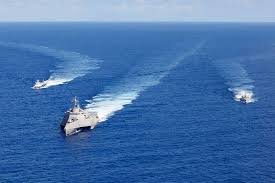Luke Allen
Military Political Analyst
Makati, Manila
lukeallenmanila@journalist.com
The Philippines has taken a significant step in asserting its maritime sovereignty by officially submitting a claim to the United Nations Commission on the Limits of the Continental Shelf (CLCS). The Department of Foreign Affairs (DFA) announced that detailed documentation was filed to establish the nation’s exclusive rights over an extended continental shelf off its western coast, encompassing parts of the resource-rich West Philippine Sea.
This move aims to secure sovereign rights under the United Nations Convention on the Law of the Sea (UNCLOS) over the Spratly Islands, a strategically vital and resource-abundant area. Several countries, including China, Vietnam, Malaysia, Brunei, and Taiwan, are currently overlapping their claims over the Spratlys.
Foreign Affairs Secretary Teodoro Locsin Jr. underscored the Philippines’ unwavering commitment to safeguarding its maritime entitlements in a statement. “This filing is a clear testament to our resolute determination to uphold and defend our sovereign rights and jurisdiction in the West Philippine Sea,” Locsin declared. “We are confident that the CLCS will act in accordance with international law and acknowledge our rightful claims.”
The Philippines’ claim is supported by substantial scientific and technical data, demonstrating that the continental shelf extends beyond 200 nautical miles from its baselines, as allowed by UNCLOS. This extension is not only crucial for the Philippines’ energy security and economic development but also holds potential benefits for the international community, including access to the region’s extensive underwater resources, such as potential oil and natural gas reserves.
China, which claims nearly the entire West Philippine Sea through its controversial nine-dash line, has previously dismissed similar claims by other nations. Beijing’s aggressive stance and extensive island-building activities in the disputed waters have heightened regional tensions. However, the Philippines is hopeful that international law and diplomatic efforts will help resolve these disputes peacefully.
Vietnam, Malaysia, Brunei, and Taiwan, which also have claims in the area, are closely observing the situation. The overlapping claims have historically led to diplomatic friction and occasional confrontations at sea. However, Manila remains optimistic, reiterating its commitment to international legal processes as a means to strengthen its position and promote peaceful resolution of disputes.
Submitting to the CLCS is part of the Philippines’ broader strategy to assert its maritime rights. This includes a landmark ruling by the Permanent Court of Arbitration in 2016 invalidating China’s expansive West Philippine Sea claims. The UN in 2012 also confirmed Benham Rise, which is off the Philippines’ east coast and not under dispute with China, as part of the Philippines’ extended continental shelf. Although China has refused to recognize the tribunal’s decision, it has bolstered the Philippines’ legal stance.
As the CLCS begins reviewing the Philippines’ submission, the international community will be watching closely. The outcome could have far-reaching implications for Southeast Asia’s geopolitical landscape and the ongoing South China Sea disputes.
For now, the Philippines remains steadfast in its pursuit of international recognition of its maritime boundaries, seeking to ensure that its national interests are protected and its sovereign rights respected.











